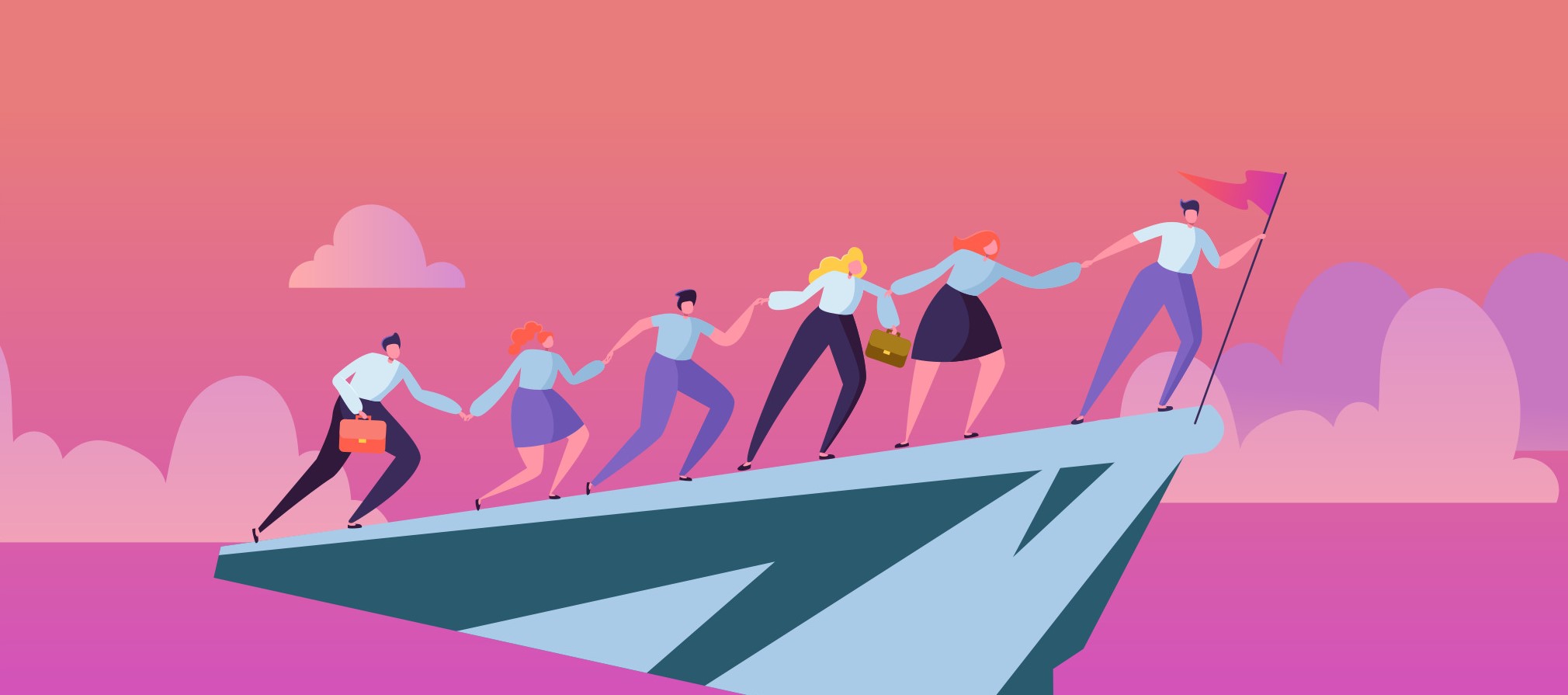Not just companies, but governments and citizens too have a responsibility in making global value chains more sustainable. That is what Désirée van Gorp, professor of International Business at Nyenrode Business University, firmly believes. Global value chains represent processes in which goods and services are produced, processed, and delivered in different countries. Van Gorp: “Making these chains sustainable means, above all, taking solidarity as a starting point. What is good for us must also be good for people in the countries where we move our activities to, such as production processes.”
For more than 15 years, Van Gorp has been researching the development of the relocation of activities by companies abroad as part of sourcing strategies and its impact on value chains. These chains are often complex, primarily because they involve many different parties: producers, suppliers, transporters, distributors, and end users. Whereas for a long time the sourcing strategy was steered by cost advantage, in the year 2023, entrepreneurship requires ecosystem thinking as a strategy. Here the focus is not on limiting costs but on increasing a positive impact on society and thus the environment. Van Gorp: “One of the most important characteristics of an ecosystem is that each member must create value for itself, but not at the expense of the larger ecosystem. Therefore, companies sometimes have to sacrifice their individual goals for the greater good. Personally, I think DSM under the leadership of former CEO Feike Sijbesma and Dopper by Merijn Everaarts are good examples of this. They show that commercial goals can very well go hand in hand with taking responsibility and making a positive impact on the environment across borders.”
Principles
According to Van Gorp, innovation, solidarity, and inclusiveness are three important principles of ecosystem thinking. “A social economy requires investments in innovations and talent that cross borders and benefit everyone, not just people in developed countries. For example, we can invest in electric cars, but we also have to think about the waste generated by their production, which we can't dump somewhere in a developing country with all its consequences.” Van Gorp also points out the responsibility citizens have: “Ultimately, our behavior determines the behavior of companies as well as government policies. If we no longer buy animal-unfriendly meat or polluting cars, companies and governments will have to change with us.”
Publications
Van Gorp already has dozens of publications to her name. Most recent are her publications with her colleagues Jianhong Zhang and Henk Kievit on ecosystem thinking as a sourcing strategy, and there are a couple already in the works. “We are currently researching entrepreneurial and supply chain ecosystems to make, among other things, value chains more sustainable, more innovative and less vulnerable. On the initiative of the European Commission, new legislation is coming that focuses on the duty of care of entrepreneurs and their value chains in terms of sustainability and global ‘decent’ work. These regulations mean that companies will be forced to re-examine their value chains critically. This is especially important in the era when many companies in different sectors are involved in digital transformations that are needed to actually implement major changes in ecosystem thinking.”
Documents
-
Publication date 1/25/2023File size 357 KB
An impact case includes a research portfolio around a central theme, focusing on the reach and impact of that research. The impact cases are easy to read for a broad audience, they demonstrate how Nyenrode is strengthening its connection to practice and how faculty members are finding practical solutions to relevant and current challenges in practice.
The impact cases are divided into the categories Leadership, Entrepreneurship, Stewardship, and Educational Innovation.
All cases can be found here.
Related programs
-
Executive ESG Program
Start date: To be determinedLanguage:- English
Location:- Breukelen
The latest ESG knowledge and insights to transform your organization and be able to increase your positive impact on people, planet and society.
View program

